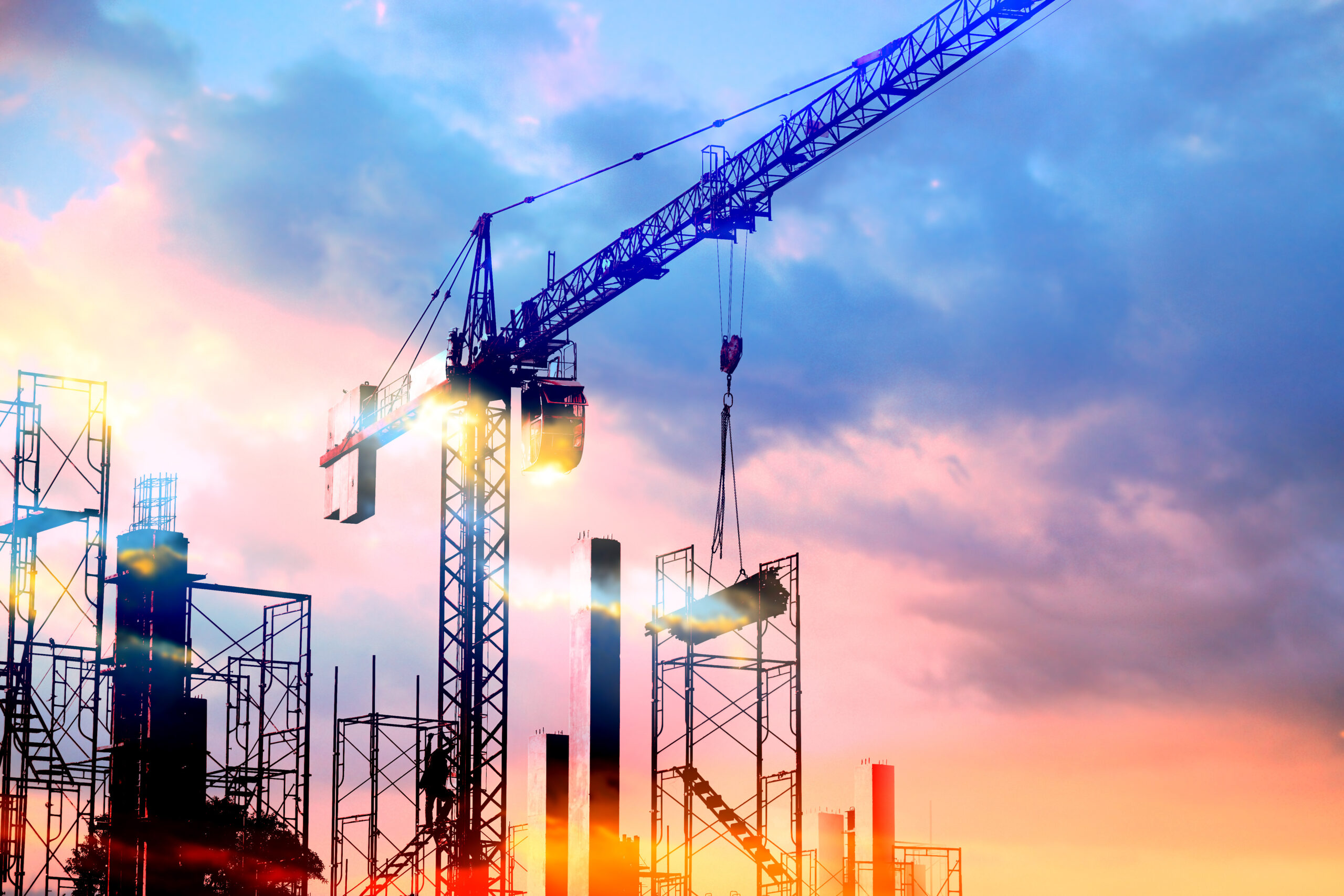Conventional business practices and delivery models have shown to be inadequate in planning and organizing large-scale projects during a crisis.
INTRODUCTION
The Tier 1 Contracting industry faces a critical challenge in early contractor and supply chain involvement. The recent announcement by the State Treasurers of New South Wales and Victoria of significant infrastructure spending highlights the need for effective supply chain management, which requires engaging suppliers at an earlier stage than previously practiced. Traditional approaches such as obtaining prices and lead times just prior to tender submission may not allow for the supply chain to add value through innovation and long lead item management. Early involvement of contractors and suppliers in mega projects can ensure budget and program constraints are met, and prevent disputes arising from lengthy contracts in the future.
THE PROBLEM
The issue of early contractor and supply chain engagement is not a recent one, and was identified by Lindsay Le Compte, the former Executive Director of the Australian Construction Association, in 2018. Le Compte emphasized that clients have a responsibility to conduct thorough background investigations and consider key risks in their project before selecting a tenderer with demonstrated capacity to work collaboratively. DCWC supports this view and believes that good planning, hard work, and professional judgment are essential for the success of mega projects.
In addition, DCWC recognizes the challenges that Tier 1 Contractors face in managing supply chain risk due to the unprecedented spending on mega infrastructure projects and the impact of the COVID-19 pandemic on key manufacturing zones. These challenges will have both short and long term effects on mega projects, highlighting the need for clients to address them at the earliest opportunity. It is therefore essential for early contractor and supply chain involvement to be prioritized alongside traditional stakeholder, commercial, and operational risks pre-tender lodgement.
IMPACT 1 // UNPRECEDENTED INFRASTRUCTURE SPEND
The unprecedented infrastructure spend announced by the state Treasurers of Victoria and New South Wales has created a challenge for Tier 1 Contractors in relation to supply chain risk. Supply chain management is necessary at an earlier stage and in a more granular manner than in the past. Traditional approaches of obtaining prices during the tender period may mean that suppliers are engaged too late to add value through innovation and hard work, resulting in a lost opportunity to achieve efficient outcomes. Despite this, the future for mega projects is optimistic and there will be greater opportunity to reduce costs through good planning and innovation.
IMPACT 2 // CODIV-19 PANDEMIC
The COVID-19 pandemic has highlighted the importance of supply chain resilience and risk management. Companies in Australia who have not secured long-lead items and major commodities for current project commitments will be most impacted by disruptions in key manufacturing zones in Asia. In the short term, steps such as searching for alternative sources of supply, managing long lead times, securing a large inventory of critical spares, and renegotiating supply chain contracts may be taken to maintain efficient design and innovation. In the long term, the pandemic is likely to influence decision makers around supply chain management, with a greater focus on securing critical spares and using digital engineering technology to mitigate the impacts of future pandemics.
THE FUTURE OF MEGA PROJECTS
DCWC offers three key initiatives for companies to consider going forward. Firstly, be proactive in contract managing its suppliers, engaging with them early in the project lifecycle to secure availability and deliverability. Secondly, companies should avoid exclusivity clauses that may prevent them from seeking greater geographical diversification and investing in the use of automated plant and equipment. Finally, companies should procure the appropriate resources and capability now, for early engagement with the supply chain in the future. These initiatives will give companies a distinct competitive advantage in the future.
CONCLUSION
Australia has shown resilience to the COVID-19 crisis, and the construction and infrastructure sectors were early recipients of stimulus to aid the economic recovery. Securing the supply chain for future projects is important for mitigating pandemic-related risks. COVID-19 also presents an opportunity for companies to refresh their crisis management plans and understand current issues to prepare for future impacts. Implementing these strategies will give them a competitive edge. Documenting these initiatives will help assess best practices and assist with future contractual issues.




